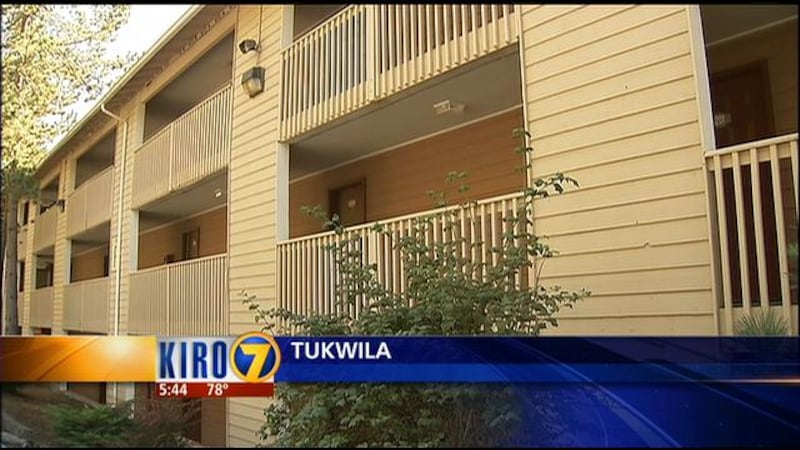TUKWILA, Wash. — The King County Superior Court has issued a preliminary approval for a $150,000 settlement between Markeletta Wilson, a woman who applied for housing at a Tukwila apartment complex, and Yardi, a resident screening agency.
In 2012, Wilson's and her daughter's application to the Boulevard at South Station apartments was rejected. The property, owned by MG Properties Group, used a screening agency called RentGrow, owned by a company called Yardi.
Yardi's screening process is described on their website as one that "provides automated recommendations that minimize risk by helping [properties] select quality residents."
Yardi recommended Wilson for rejection, citing two drug convictions from 1989 and 1995. But the Washington Fair Credit Reporting Act states that convictions cannot be reported in a rental screening if the convicted person completed incarceration, was released on parole or if the case was dismissed more than seven years ago.
According to the ACLU, Washington and at least a dozen other states have this rule, while other states fall back on a federal law that requires reporting of convictions indefinitely. In those other states, federal law only states that arrests made more than seven years ago cannot be reported in such screenings.
Yardi did not wish to comment for this story.
Vanessa Hernandez, the ACLU lawyer representing Wilson, said that Yardi did not admit wrongdoing. However, she said they made significant changes to avoid future, similar complaints.
"They reprogrammed all of their computer systems, they retrained all of their analysts, they hired additional legal compliance specialists, to make sure this isn't happening again," Hernandez said.
She said that Yardi pointed out a possible 273 people they screened in the past two years who were also recommended for rejection based on convictions older than seven years.
If all those people opt in to the settlement, each would take home about $400. There would be about $40,000 left for attorney and court fees. Wilson may be eligible for up to an additional $1,500 for being the primary plaintiff.
"We do think though that it's an extremely favorable settlement, given the population of folks who tend to be impacted by this, which are folks who tend to be people who are renters, who don't own their homes, who are lower income," said Hernandez.
The statute of limitations for such a lawsuit is two years, which is why these 273 people were included in the class action suit. But Yardi is only one company, and Hernandez said there could be hundreds of screening companies doing this for much longer than two years.
"We see screening reports issued frequently which include information that shouldn't be included under Washington law, we see screening reports issued which are inaccurate or misleading, and we see people really being denied opportunities that they should be able to compete for. We see this as a major barrier to people having a fair opportunity to re-enter society after they've done their time and turned their lives around," Hernandez said.
MG Properties Group, which is not listed in the lawsuit, did not return a request for comment.
KIRO








